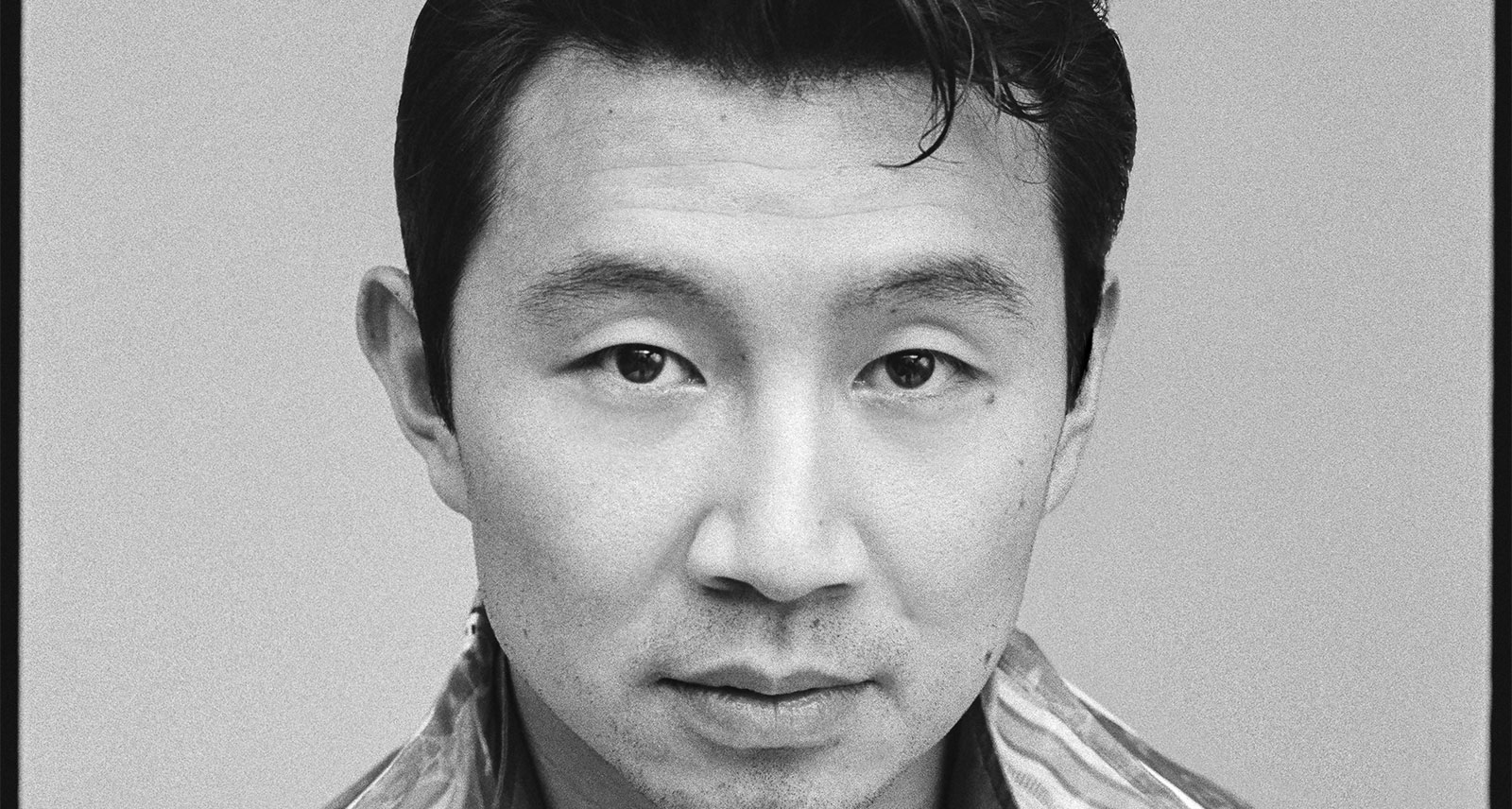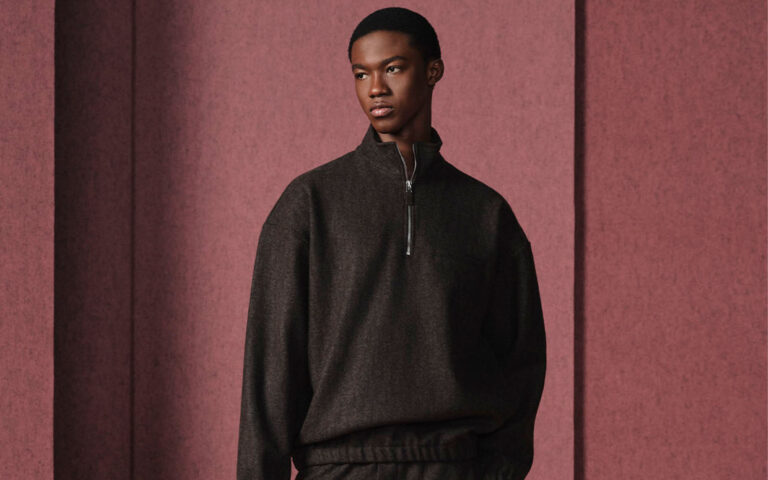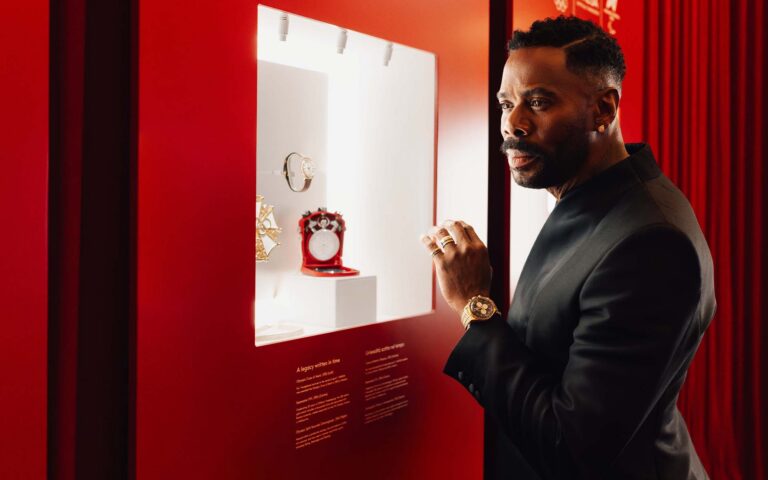Simu Liu will never forget the day he became Marvel’s first Asian superhero. It was July 16, 2019 — a hot and humid summer day in Toronto. He’d just woken up from a nap and was eating a bag of shrimp crackers when he received a call from an unknown number in Burbank, California. Two days before, Liu had completed a screen test for Marvel Studios in New York, so the caller’s identity was hardly a mystery: on the other end was producer Kevin Feige, who informed Liu that he had landed the titular role of Shaun (or Xu Shang-Chi) in Shang-Chi and the Legend of the Ten Rings.
Directed by Destin Daniel Cretton, Shang-Chi proved the post-Avengers staying power of the Marvel Cinematic Universe, grossing over $432 million after premiering last September to rave reviews. Amid an alarming spike in anti-Asian racism and violence, the acclaimed film also allowed Asian Americans and Asian Canadians to see themselves in a new light: as the heroes of their own story.
Liu’s life-changing phone call serves as the start of his new intergenerational memoir, We Were Dreamers: An Immigrant Superhero Origin Story. The strikingly candid debut chronicles his family’s trans-Pacific journey from Harbin, a city in Northeast China known for its brutal winters, to the bright lights of Hollywood — with a few stops in between.
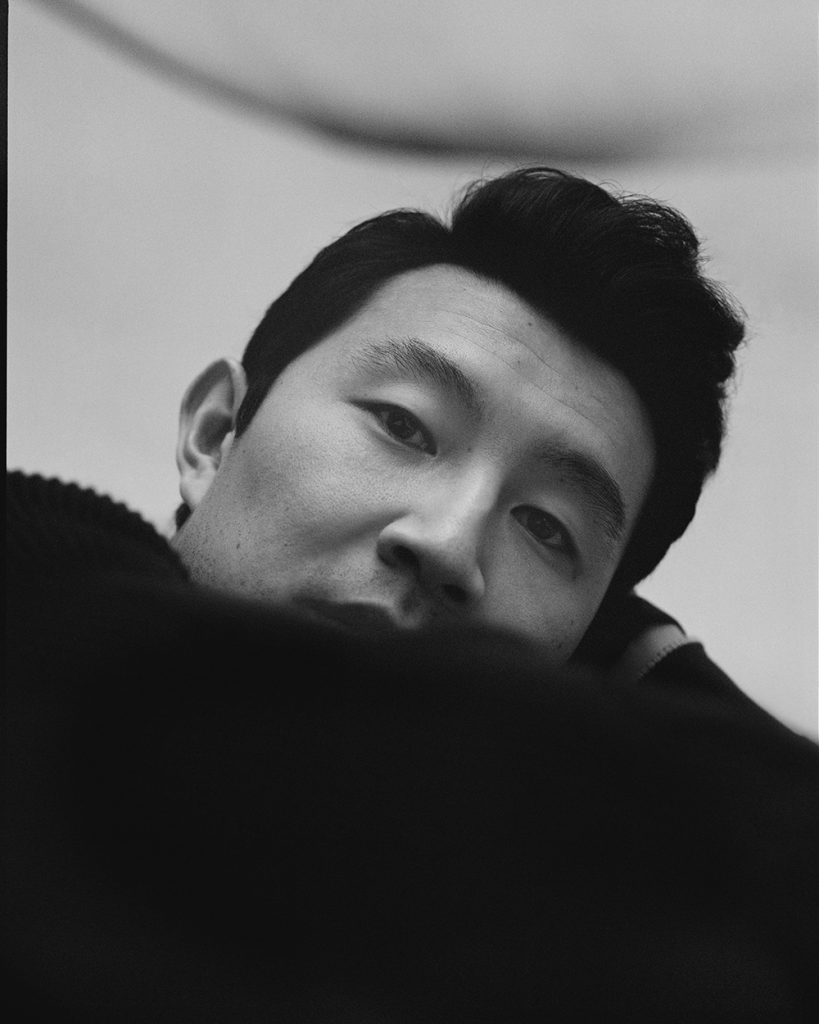
It’s a story that Liu has wanted to tell for the better part of five years, ever since an open letter that he wrote for Maclean’s in 2017 caught the eye of literary agent Jackie Kaiser. In the essay, Liu recounted how he could never measure up to his parents’ ever-changing expectations while acknowledging the quiet sacrifices they made after immigrating to Canada in the early 1990s.
At first, Liu, who was then 28 and known only for his role on the CBC sitcom Kim’s Convenience, didn’t feel like he was worthy of a memoir. But over the following year, while speaking at colleges, universities, and companies across North America about his experience as a second-generation Chinese Canadian, Liu attempted to cobble together his recollections of his parents’ intertwined life stories, and he realized that he wanted to write a book that explored the complexities of the immigrant dream. “I thought maybe it’s still a little too early for me to tell my individual story, but the lives of my parents — those are stories that are rich, full of drama, and intensely compelling — [and those] are also stories that most of the Western world has never heard,” Liu tells me over Zoom from his home in Los Angeles.
Born in 1989, Liu spent the first four and a half years of his life in Harbin. When he was just eight months old, Liu’s father left China to complete a PhD in engineering at Queen’s University in Kingston, Ontario. His mother, or 妈妈 (mama), followed a year later, leaving Liu in the care of his paternal grandparents — his 爷爷 (yéye) and 奶奶 (nainai). Liu — whose Chinese name is 刘思 慕 (liúsımù) and “little name” is 毛毛 (máomao), meaning “little caterpillar” — remembers these years fondly. Every night, he slept between his grandparents. (He also had a special affinity for the Calabash Brothers, a Chinese animated series about tiny superheroes with calabashes on their heads, marking the start of a lifelong love affair with vigilantes.) When his father returned home to take him to “the promised land of Canada,” Liu called him by his full name, Liu Zhenning, instead of 爸爸 (bàba).
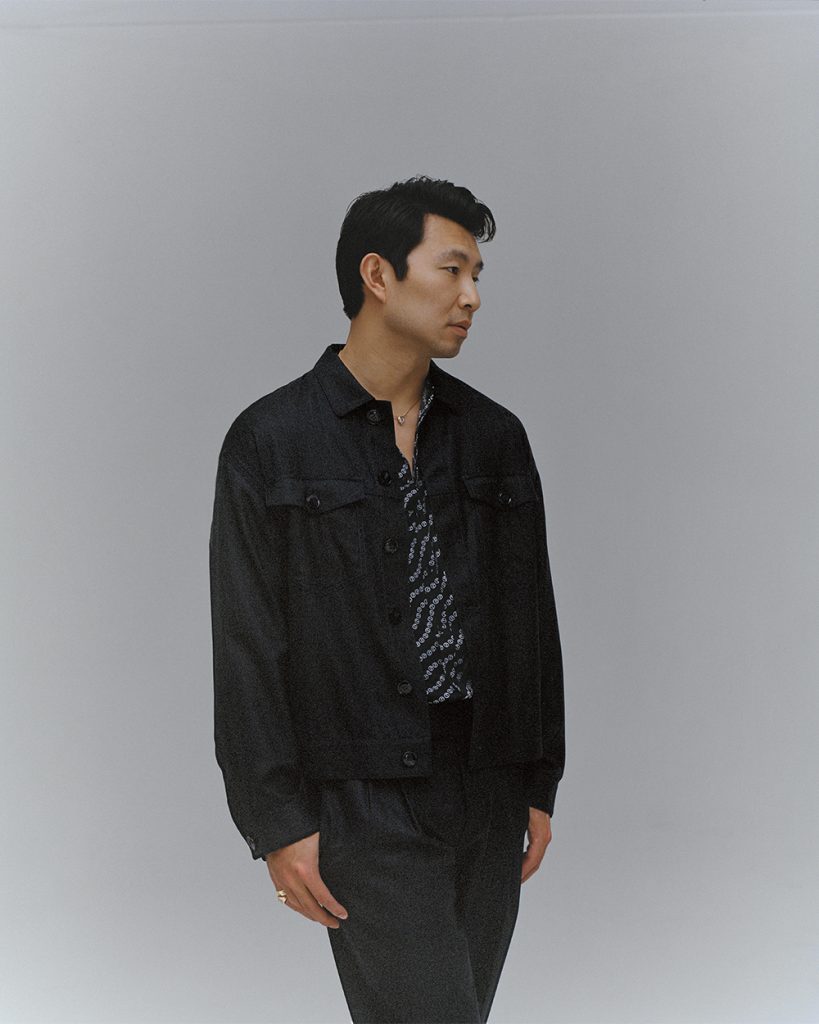
After spending his primary school years in Kingston, Liu and his parents eventually settled in Mississauga. Growing up, Liu played the part of a golden child — a straight-A student, studying regularly. More than anything, he wanted to make his parents proud. But life in the land of opportunity was not all it was cracked up to be. Liu longed for his grandparents’ warmth. His parents, aerospace engineers, believed that “absolutely nothing mattered more than continued job security,” which meant they had to be “absolutely exceptional” every single day — and they expected the same of him.
In the book, Liu recounts the first time his mother yelled at him for not finishing his homework, and how he feared his parents as a child and grew to resent them as an adolescent. He struggled under the weight of their expectations and, as Liu grew older, he sought to fill the hole in his heart with the love of other people. “We grew up in such incredibly different environments. My parents grew up during the Cultural Revolution in China; I grew up in a place with running water, where everybody had a car, everyone watched TV. I had a lot of difficulty connecting with my parents growing up, and they, in turn, I think, couldn’t fundamentally understand any of my struggles,” Liu says. “They were very combative, and they were confused as to why I couldn’t just do what they wanted, which was to follow in their footsteps.”
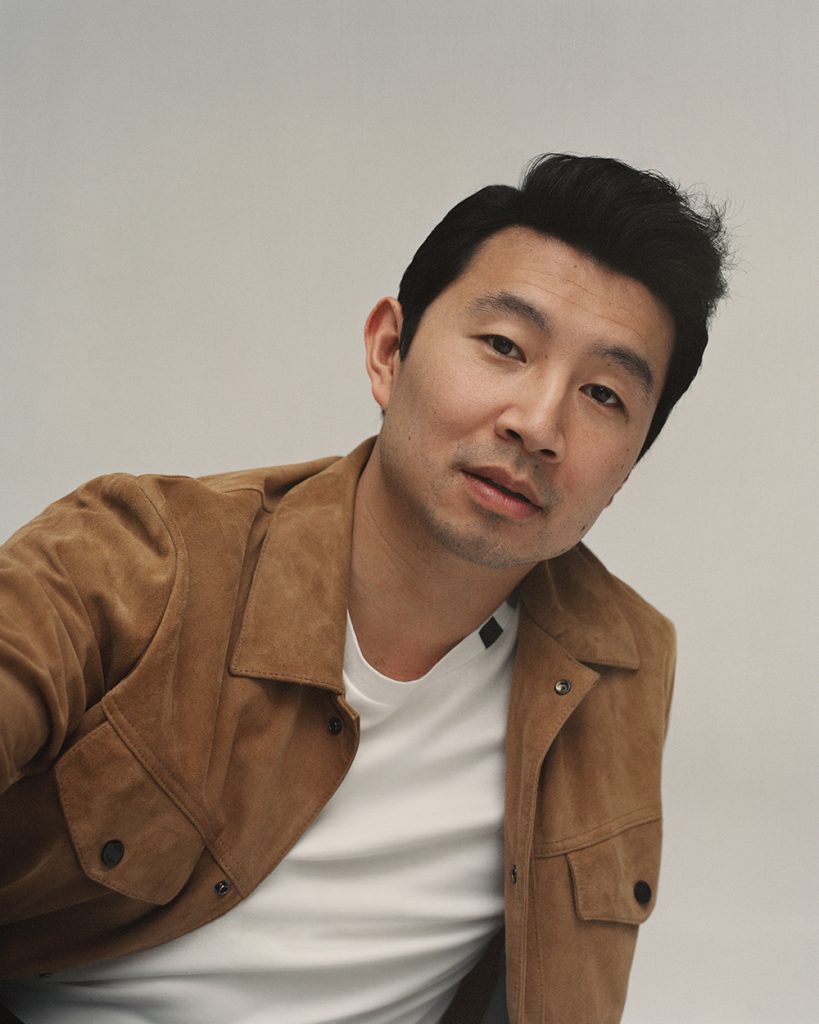
After high school, Liu studied at the University of Western Ontario’s Ivey Business School before working briefly as an accountant. (Liu says he lacked the meticulousness that the job required.) Until that point, he had only minor — very minor — brushes with the entertainment industry, yet he knew he wanted to perform. During university, he won a talent competition called the “Superfrosh” where he sang in front of over 4,000 students. His first experience on a movie set, however, was as an extra on the set of Guillermo del Toro’s Pacific Rim, which was filming in Toronto. For years, Liu had convinced himself that acting was only a pipe dream, but after losing his job less than a year later, he decided to pursue it full-time — even if it meant he again found himself at odds with his parents.
Liu’s representation of his family life in We Were Dreamers contradicts the notion of “saving face” in Chinese culture, and he forgoes a rosy image of a perfect family. But he’s quick to point out that he hasn’t done so to air his family’s dirty laundry. Instead, his story is “for future generations — children and parents alike — to read and see, to be able to connect to [and potentially] avoid the pitfalls and the mistakes that we made along the way,” he says. “I just feel like by articulating why I acted the way I did, and maybe [getting] my parents’ side of the story, that we could somehow bridge the gap between the generations and help similar families, hopefully, find their way back together.”
“I want to show people, even if I’m doing it imperfectly, what it means to claim your voice.”
The turning point in Liu’s own relationship with his parents, he says, came when he booked his first series regular role on the OMNI Television drama Blood and Water, which required him to speak fluent Mandarin. With pages and pages of Chinese dialogue, Liu turned to his parents, who begrudgingly agreed to help him learn his lines. In the process, he says, “they started to see a level of dedication and passion in me that I think they, quite honestly, had probably never seen before.”
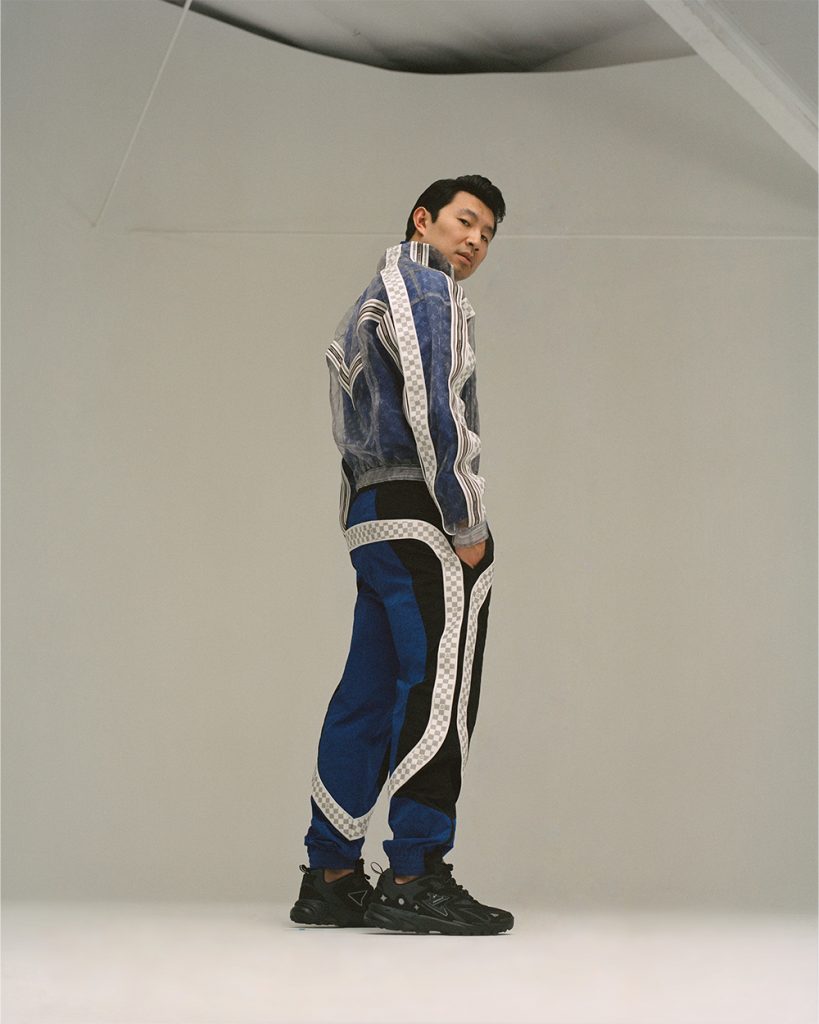
Liu’s big break came in 2016 when he booked the role of Jung — the rebellious, estranged son of patriarch Sang-il (Paul Sun-Hyung Lee) and matriarch Yong-mi (Jean Yoon) — on Ins Choi’s Kim’s Convenience. For five seasons, the beloved CBC Television sitcom about a Korean Canadian family that owns a Toronto convenience store helped shine a light on the generational differences between immigrant parents and their children, resonating with audiences that have historically been overlooked in Western media.
Perhaps unsurprisingly, the story resonated deeply with Liu. In fact, he found himself in tears after first watching the play that the show was eventually based on. “I just sat in the auditorium and I was bawling, and I was dating somebody who wasn’t Asian at the time, and she couldn’t understand why I was so deeply affected by it,” he recalls. “I remember trying to explain to her: ‘This is my life.’ [When] I saw Jung speaking with his Appa, I saw me and my dad, and it was just so visceral and so authentic. And that was the beginning of my journey of appreciating the idea that our parents sacrificed greatly so that we could be here.”
Since its establishment in the early 20th century, Hollywood has depicted Asians in a troubling way. In particular, Asian men have historically been characterized as weak, effeminate, and undesirable in Western media. And for a long time, Liu, accordingly, sought to align himself with whiteness; he was embarrassed by the food he ate, the shape of his eyes, the colour of his hair. He resented the “white bastion of male beauty,” yet he also longed to meet its standards.
As an aspiring actor, Liu long thought playing into stereotypes was an occupational necessity, too. “When we turn on the TV and see Asian characters that are not aspirational but stereotypes and one-dimensional punchlines of a joke, it damages us,” he says. “It damages our self-confidence because you feel like that’s the way the world sees you.”
Following the unprecedented success of Black Panther in 2018, Marvel fast-tracked the development of a film centred on Shang-Chi, a little-known superhero that originated in comics filled with racist tropes. (Four years earlier, Liu had sent a prophetic tweet to Marvel, asking when it would have an Asian American hero.) Co-writers Dave Callaham and Destin Daniel Cretton wanted to tell the story of a martial arts master hiding in plain sight who yearns for the love of his father. “This movie is not about how good [Shaun] is at martial arts — it’s about his journey to connect with his family and his father,” Liu says. In doing so, Shang-Chi both reclaims and subverts the old trope of the martial arts master for Asian actors, which, according to Liu, can only prove problematic when its characters — often seen as perpetual foreigners — lack any kind of nuance or the most human characteristic of all: complexity. Sure, Shaun just so happens to be one of the world’s deadliest assassins, “but the key to the audience being able to connect to him is his humanity. That is the subversive part.”
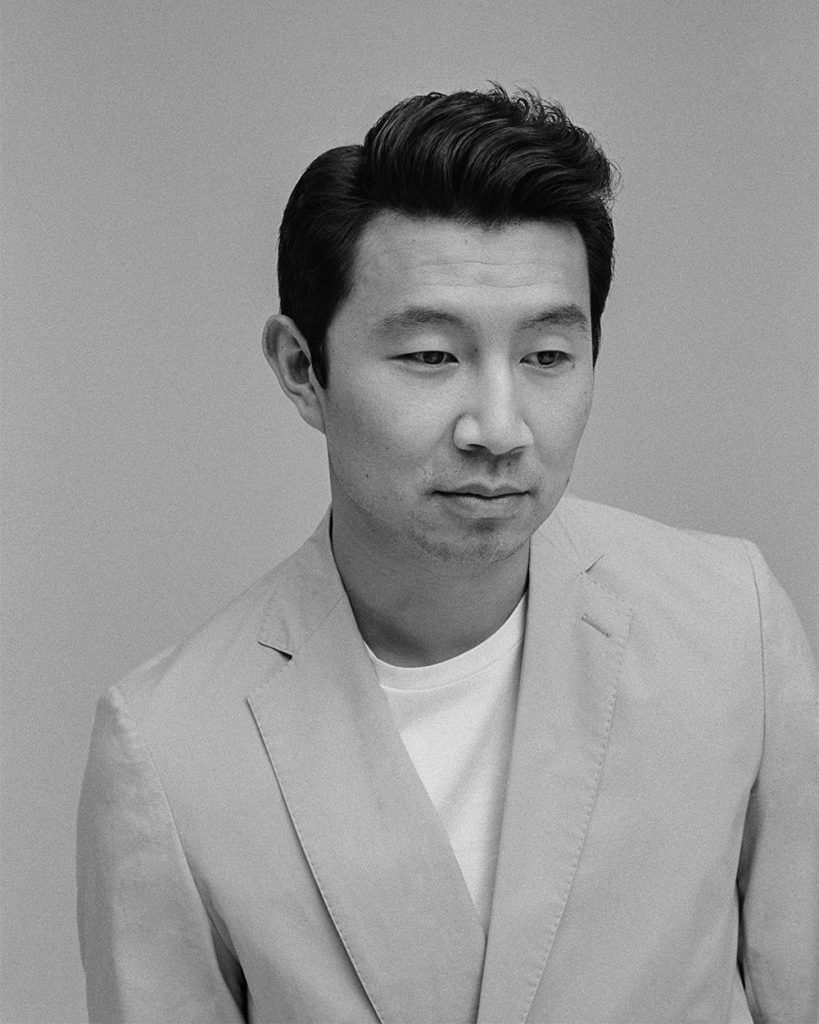
By virtue of his work in Shang-Chi and Kim’s Convenience, Liu has become an outspoken advocate for Asian American and Asian Canadian representation. “We’re a generation that has pretty much only known what it’s like to grow up in the West, and therefore, I feel like we have to fundamentally shift our thinking and our paradigm,” he explains. “We have to not be afraid and not continuously apologize for our own existence the way our parents did. We have to own that space. I want to show people, even if I’m doing it imperfectly, what it means to claim your voice and to be out there.”
Doing so is made especially tricky by the reality that faces many Chinese immigrant families today: the need to straddle their places in both the West and in China simultaneously. In fact, when Liu was first cast as Shang-Chi, he unwittingly found himself at the centre of a contentious conversation about Eastern and Western beauty standards, with some in China claiming that, at least by Chinese beauty standards, Liu wasn’t handsome enough for the role. And yet he never grew up feeling like he fit Western beauty standards either. Liu, like all Chinese immigrants and their children, is torn between vastly different ideologies and cultures, trying to appease both — and, due to the deepening geopolitical divisions of recent years, that gap feels as though it’s been widening.
“It really feels like we’re starting to polarize, and China has become kind of synonymous with [this] idea of an enemy of the West, and that’s not the China that my parents grew up in — and that’s not the China that I remember. So I take it as a reminder that there’s still a lot more work to be done,” says Liu, hopeful that a cross-cultural hit like Shang-Chi can, in a small way, help bridge the divide.
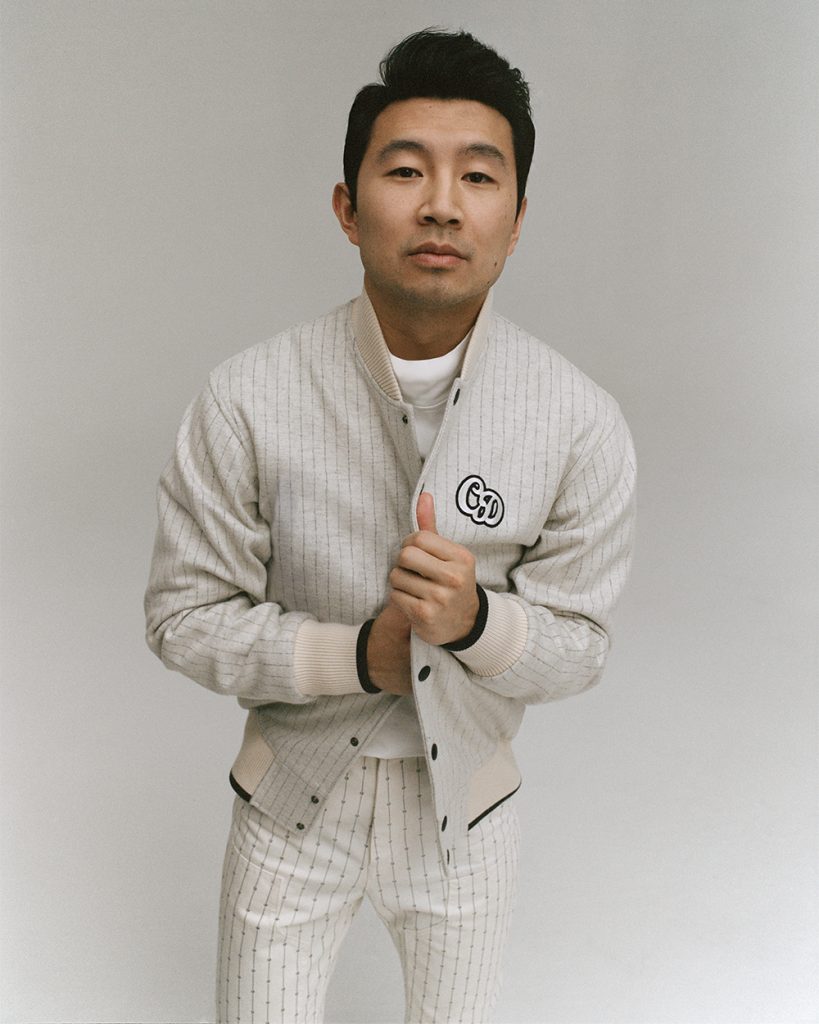
After wrapping production on Shang-Chi in 2020, Liu called his agents with a simple request: “Get me into another movie stat — and make sure it has nothing to do with martial arts.” The first project to come across his manager’s desk was Arthur the King, an adventure film set in the Amazon rainforest starring Liu and Mark Wahlberg.
While Liu is reluctant to divulge too much about his other upcoming roles in impending projects — like the sci-fi thriller Hello Stranger, the romantic comedy One True Loves, or the secretive Greta Gerwig project Barbie — he says they’ve all stemmed from a desire to challenge people’s perceptions of what he can do as an actor.
“I [have] seen it happen a million times before, where somebody gets an incredible first break and then they’re complacent,” he says. “Every single decision I’ve made after that has been like, ‘Does this material challenge me and the audience’s perception of who I am?’ I feel like I’m just scratching the surface — and not just as a performer. Can I assume more of a producer role? Can I champion projects and [be] the difference between getting [them] green-lit and not? Now, I feel like I’m at a very rare place in Hollywood: I feel like I actually have the ability to do that. So it’s a very exciting time, and the only thing that I’m missing is sleep, but I just want to keep going.”
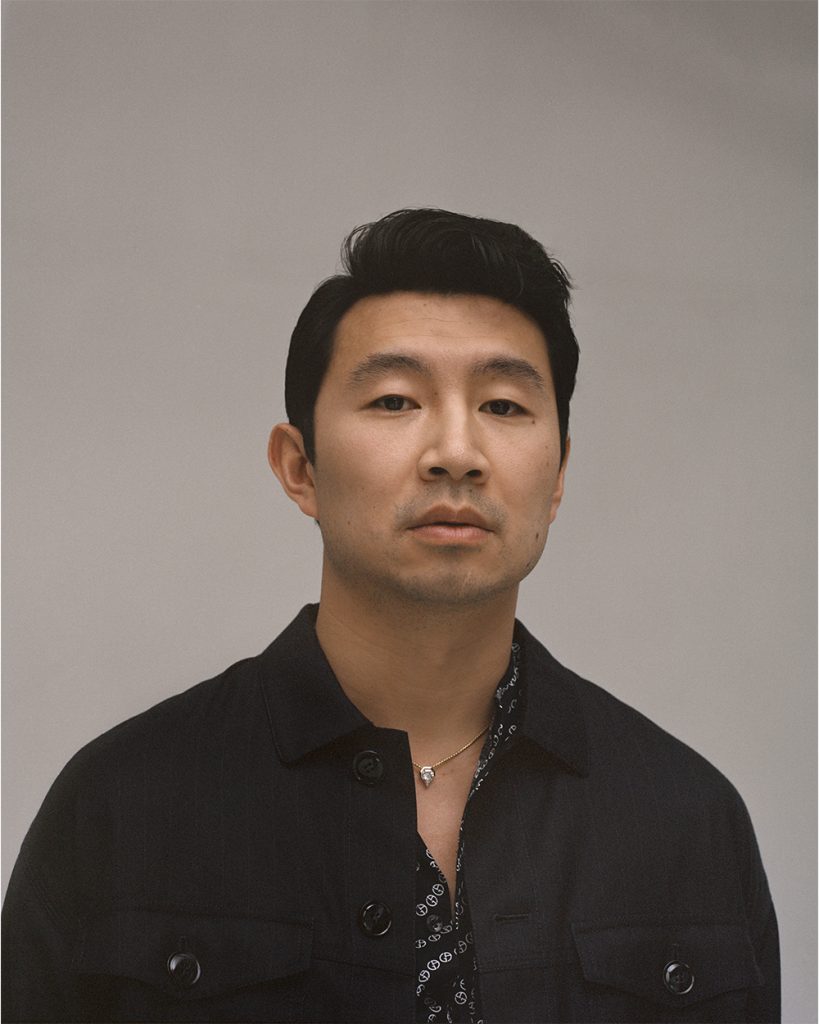
Photography: Emman Montalavan (Dela Revoluciøn)
Styling: Jeanne Yang (The Wall Group)
Grooming: Mira Chai Hyde (The Wall Group)
Photo Assistants: Patrick Molina & Khalilah Pianta
Digital Tech: Maria Noble
Styling Assistant: Chloe Takayanagi
Production: @hyperion.la
